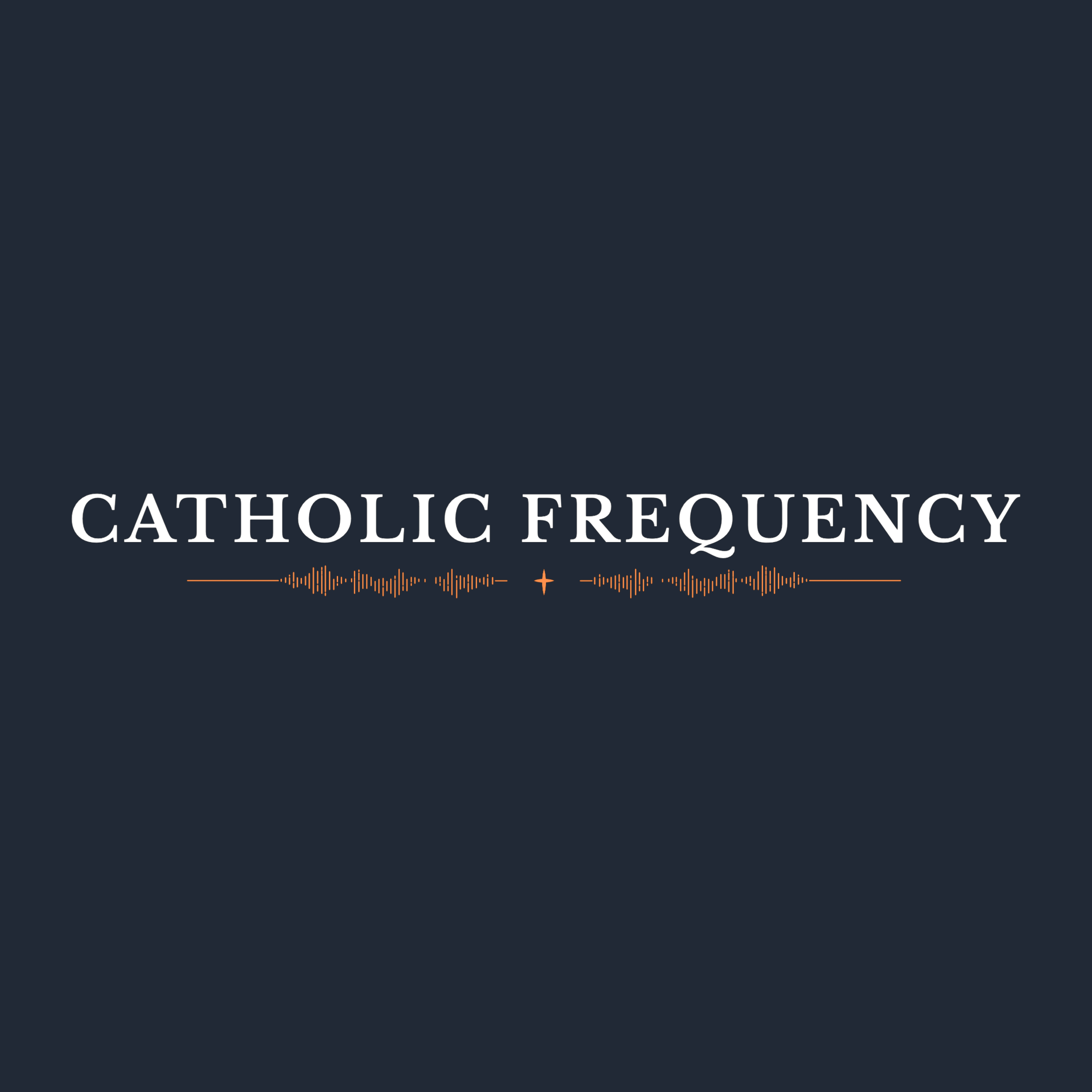How Protestants and Catholics Approach Scripture Differently
In this episode, we dive deep into the contrasting approaches Catholics and Protestants take toward interpreting scripture. Joined by Drago Dimitrov, a former Protestant who converted to Catholicism, we explore the concepts of ex ante and ex post interpretations of the Bible. Drago explains how Protestants often approach scripture as a starting point (ex ante) to derive Christian beliefs, while Catholics view scripture as a confirmation (ex post) of beliefs handed down through the authority of the Church.
Notes
- Catholics and Protestants both revere scripture but approach it in fundamentally different ways.
- Protestants often use an ex ante approach: starting with scripture to derive Christian beliefs.
- Catholics use an ex post approach: receiving beliefs from Church authority and confirming them with scripture.
- Ex ante means "before the fact," where scripture is used to generate beliefs.
- Ex post means "after the fact," where scripture confirms beliefs already received.
- Protestants emphasize sola scriptura: scripture as the sole authority for faith and practice.
- Catholics argue that the Church, not scripture alone, defines and interprets the Bible.
- The Bible itself does not define its own canon; the Church determined which books belong in the Bible.
- The Bereans in Acts 17 are often cited by Protestants as an example of using scripture to verify teachings, but Drago argues they were confirming what Paul, an authority, had already taught.
- Old Testament prophecies about the Messiah could lead to multiple interpretations; only after Christ’s revelation do we see how He fulfills them (ex post).
- Protestantism’s reliance on individual interpretation leads to varying beliefs and denominational splits.
- Catholicism’s reliance on Church authority provides a unified interpretation but is often criticized for downplaying personal engagement with scripture.
- Psychological biases (e.g., confirmation bias, hindsight bias) affect how individuals interpret scripture, even with good intentions.
- The Holy Spirit’s role: Protestants believe the Spirit guides individual interpretation, while Catholics believe the Spirit works through the Church’s authority.
- The Catholic Church compiled the Bible, making it illogical to claim the Church doesn’t revere scripture.
- Modern societal issues (e.g., debates on gender, abortion) stem from a rejection of authoritative interpretation in favor of individual subjectivity.
- Protestantism’s emphasis on individual interpretation leads to moral relativism.
- Jesus used scripture to confirm His authority, not as a standalone source of truth (ex post).
- The Catholic Mass heavily incorporates scripture, countering the claim that Catholics don’t value the Bible.
